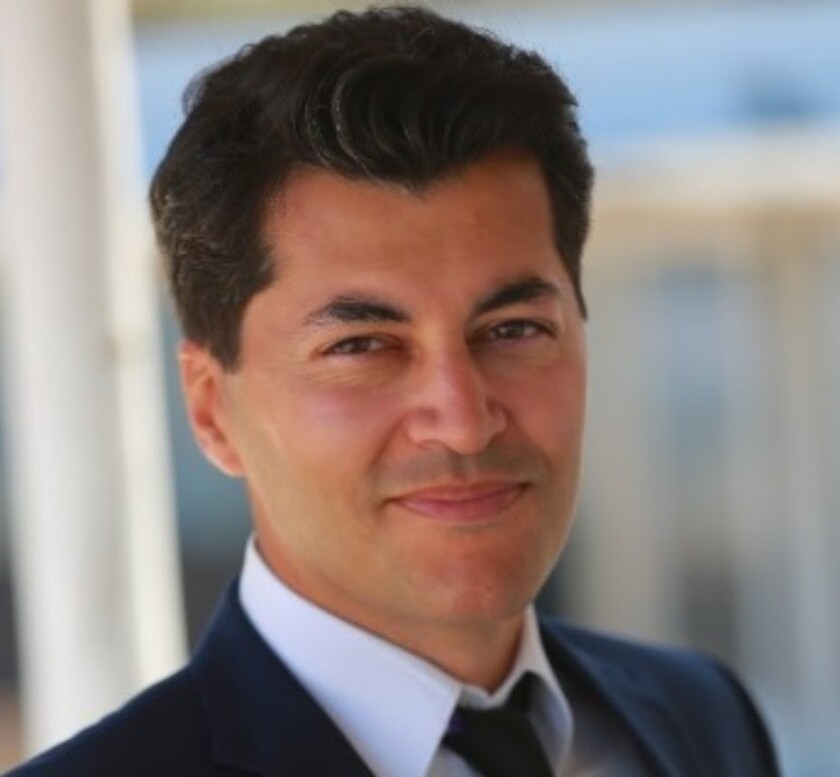Talk us through a typical working day.
I usually wake up around 5.30 am or 6 am then walk and feed my dog. Next, I dedicate around 30 minutes to reading case laws and another 30 minutes to studying new technologies.
I am also learning a new language, which I practice for 15 minutes. These are my only routines or typical activities. What happens after 8.30 am depends on my workload, deadlines, and, most importantly, the weather (I live in the Netherlands). If the weather is nice, I do outdoor activities first and then start working. We try to have an open and healthy work environment.
What are you working on at the moment?
I am working with a Dutch company that is changing fire suppression systems, which is mostly chemistry-related. I have also been involved with the strategic side of the company, such as fundraising rounds.
Does one big piece of work usually take priority or are you juggling multiple things?
Many consider juggling to be part of our work. But, based on my experience, I believe juggling may not be time-efficient for certain matters. For work that requires substantive argumentation like oppositions, litigation, or even a response to an office action, I focus on one piece of work until it is finished. I do not like to juggle and mix it with other matters, as I lose my state of mind.
Once I finish the draft, I move on to other tasks and then return to the same case to review and re-review.
What is the most exciting aspect of your role and what is the most stressful?
Exciting aspects: working with innovative technologies, intellectual challenges, and client interaction.
Stressful aspects: The stakes are very high and even a small mistake or use of a wrong word can have significant implications for clients. The other aspect is the rapid pace of interdisciplinary technological advancement. I need to continually update my technical knowledge and stay informed.
In addition, since I practice both US and European patent law, I need to keep track of case law in both jurisdictions.
Tell us the key characteristics that make a successful IP lawyer/practitioner.
Successful practitioners have the mind of a detective, the heart of an artist, and the precision of a scientist. They possess the analytical skills to unravel complex puzzles. They are creative in envisioning the potential of an idea or argument. They have eagle-eyed attention to detail.
What is the most common misconception about IP?
The most common misconception about IP is that obtaining an IP right, such as a patent, gives the patent owner the right to use or practice the invention.
In reality, obtaining a patent grants the owner the exclusive right to exclude others from using, making, selling, or distributing the protected (claimed) subject matter, but it does not necessarily confer the right to use it themselves.
What or who inspires you?
I am inspired by Jesus through his act of kindness and love.
If you weren’t in IP, what would you be doing?
Neurosurgeon. I almost went down that route and even shadowed a neurosurgeon at the University of California San Diego Medical Center for six months.
Any advice you would give your younger self?
Be patient.
What is your motto in life?
Be resilient, let the bad energy pass, and pick your fights wisely.










